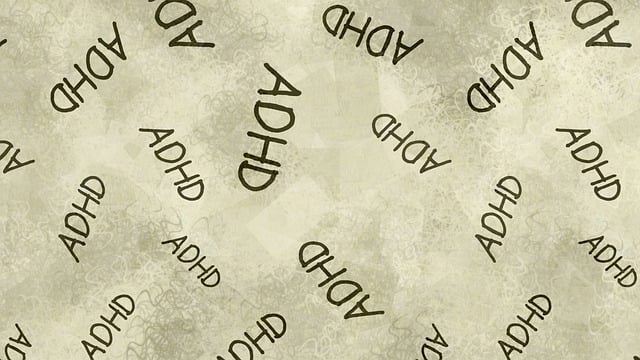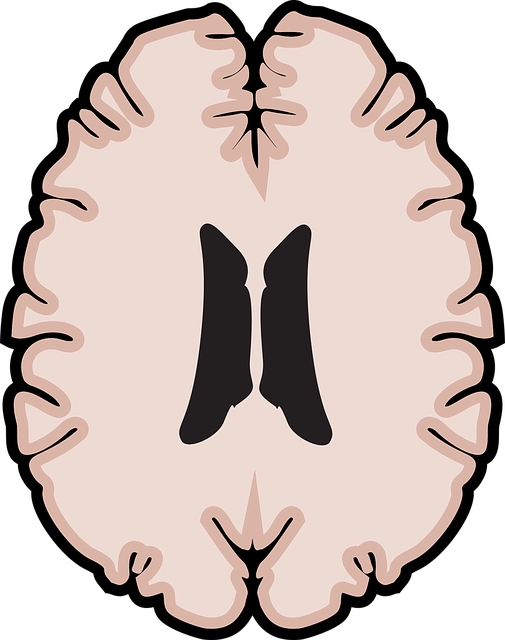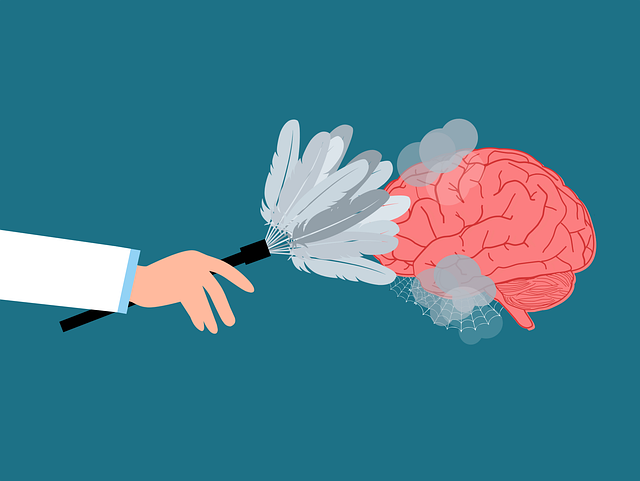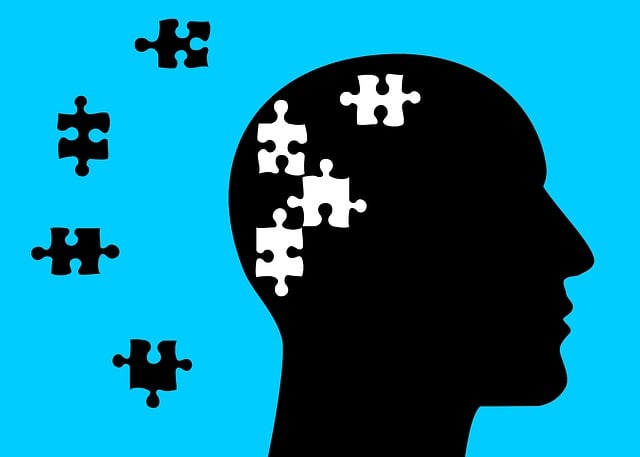Stress management workshops tailored for therapy involving young children, adolescents, and teens are vital tools to combat rising mental health concerns during adolescence. These programs, with age-appropriate activities, equip participants with emotional regulation skills, coping strategies, and inner strength through interactive sessions. By fostering resilience and healthy habits early, these workshops can prevent severe mental health disorders and enhance overall well-being for vulnerable populations. A supportive environment, structured flow, and group interactions are key to their success.
Stress management workshops tailored for young minds are crucial in addressing the rising challenges of mental health among children, adolescents, and teens. This article delves into the pressing need for targeted interventions, offering insights on designing effective stress management strategies. From understanding the unique stress factors affecting younger individuals to creating supportive workshop environments, we explore practical structures for facilitators. By implementing these techniques, therapy becomes accessible, empowering young people to navigate life’s stresses with resilience and emotional well-being.
- Understanding Stress in Young Minds: Unveiling the Need for Targeted Workshops
- Designing Effective Stress Management Strategies for Children, Adolescents, and Teens
- Facilitating Supportive Environments: Implementing Workshop Structures for Optimal Impact
Understanding Stress in Young Minds: Unveiling the Need for Targeted Workshops

Stress is an inevitable part of life, but for young minds, it can be particularly overwhelming. As children transition into adolescence and their teen years, they face a myriad of challenges that can significantly impact their mental wellness. Academic pressures, peer relationships, social media influence, and personal expectations are just a few factors contributing to rising stress levels in this demographic. Unaddressed, chronic stress can lead to long-term mental health issues, affecting their ability to learn, make decisions, and maintain healthy relationships.
This is where targeted workshops focused on stress management for young individuals become indispensable. These interventions aim to equip children and adolescents with essential life skills such as emotional regulation, coping strategies, and inner strength development. Through interactive activities, therapy sessions, and mental wellness coaching programs, these workshops provide a safe space for participants to understand and manage their stress responses effectively. By fostering resilience and promoting healthy habits from a young age, these initiatives can prevent the onset of serious mental health disorders and enhance overall well-being.
Designing Effective Stress Management Strategies for Children, Adolescents, and Teens

Stress management workshops tailored for children, adolescents, and teens play a pivotal role in fostering their emotional well-being. These sessions must be designed with age-appropriate activities and techniques that cater to each group’s unique needs. For younger children, therapy should involve playful elements, storytelling, and creative outlets like art or music to help them process stress and emotions. Adolescents might benefit from peer support groups, where they can share experiences and learn coping mechanisms from one another under professional guidance. Teens often face more complex stressors, so workshops could incorporate discussions on time management, mindfulness exercises, and healthy lifestyle practices.
Effective strategies should also include trauma support services for those who have experienced difficult events, focusing on emotional healing processes. By incorporating a mix of interactive activities, group discussions, and individual reflections, these workshops can empower young individuals to manage stress effectively, promoting long-lasting emotional resilience and overall mental health.
Facilitating Supportive Environments: Implementing Workshop Structures for Optimal Impact

Creating a supportive environment is paramount when organizing stress management workshops aimed at therapy for young children, adolescents, and teens. This involves designing spaces where participants feel safe to share their experiences, engage in vulnerable conversations, and actively participate in coping strategies. Facilitators should encourage open dialogue, ensuring every voice is heard and respected. Utilizing interactive activities, role-playing scenarios, and group discussions can foster a sense of camaraderie, enabling attendees to learn from one another’s journeys.
Structuring the workshop with a clear flow is key to maximizing its impact. Beginning with icebreakers to build comfort and ending with actionable take-away points for burnout prevention strategies for healthcare providers, each segment should have a defined purpose. Incorporating breaks can prevent overwhelm, allowing participants to reflect on shared insights. This structured yet flexible approach ensures the workshop effectively addresses the unique needs of young individuals navigating stress and promotes their overall well-being, potentially reducing the risk of burnout in these vulnerable populations.
Stress management workshops tailored for young minds are essential in addressing the growing need for mental health support among children, adolescents, and teens. By incorporating evidence-based strategies and creating safe, supportive environments, these workshops can empower young individuals to navigate life’s challenges effectively. Through interactive activities and peer connections, participants gain valuable tools for stress relief, fostering resilience and overall well-being. This article has explored the design and facilitation of such workshops, offering a roadmap for organizations aiming to provide effective therapy for young children, adolescents, and teens.














